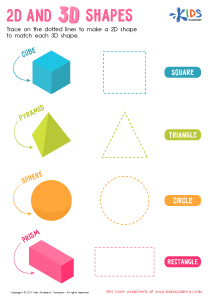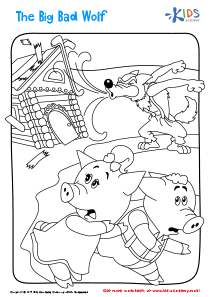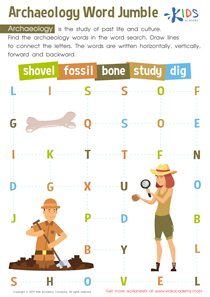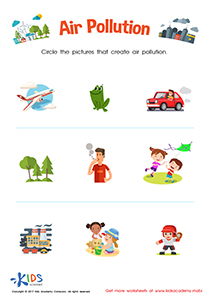Extra Challenge Tracing Numbers worksheets activities for Ages 8-9
2 filtered results
-
From - To
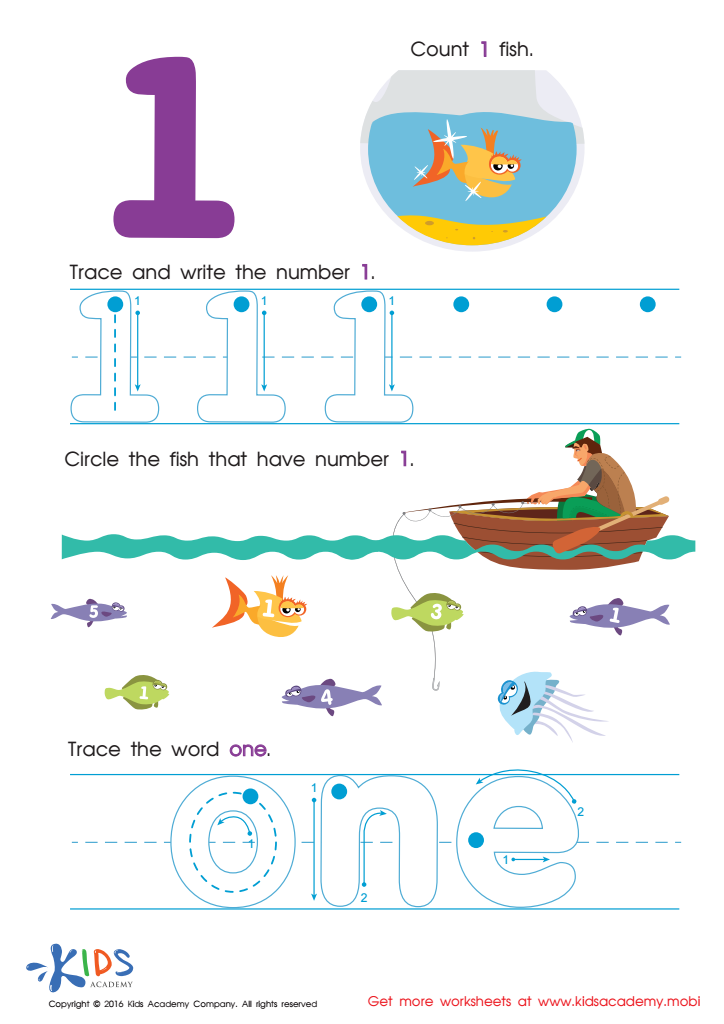

Learning to Write 1 Worksheet
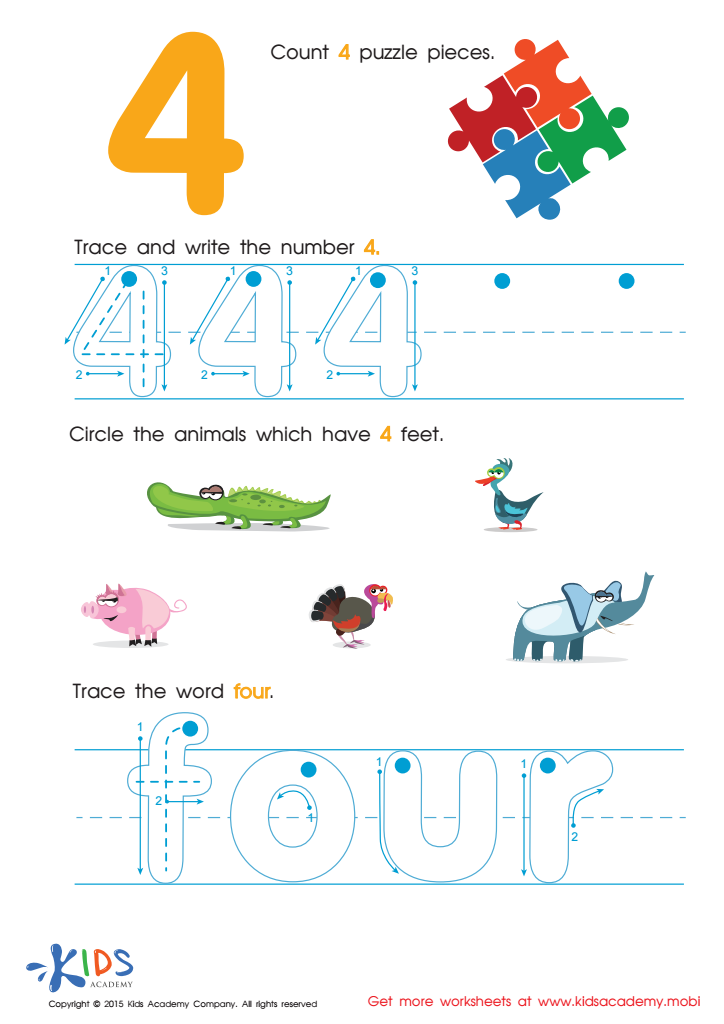

Teaching Children to Write Number 4 Worksheet
Extra Challenge Tracing Numbers worksheets activities are an essential tool in the educational journey of young learners. These activities are designed to provide children with an engaging and effective way to practice their numerical skills, enhancing their understanding and proficiency in math. The significance of these worksheets lies in their ability to cater to the diverse learning needs of students, offering an extra layer of challenge that goes beyond traditional learning methods.
One of the primary reasons why Extra Challenge Tracing Numbers worksheets activities are so useful is that they help in developing fine motor skills. The act of tracing numbers requires control, precision, and coordination, which are crucial for handwriting and other academic tasks. By engaging in these activities regularly, children can improve their pencil grip and hand-eye coordination, laying a strong foundation for future writing skills.
Moreover, Extra Challenge Tracing Numbers worksheets activities introduce children to the concept of numbers in a structured and incremental manner. By tracing numbers, children familiarize themselves with their shapes, which is essential for number recognition—a foundational skill for mathematical learning. This methodical approach ensures that young learners can confidently identify and differentiate between numbers, paving the way for more complex mathematical operations.
Additionally, these worksheets provide an enjoyable learning experience. Children are naturally curious and eager to explore, and Extra Challenge Tracing Numbers worksheets activities tap into this innate desire to learn. By presenting numbers in a fun and interactive format, these worksheets keep children engaged and motivated, turning what might otherwise be a tedious task into an enjoyable learning opportunity.
In conclusion, Extra Challenge Tracing Numbers worksheets activities are a valuable resource for parents and educators. They not only enhance fine motor skills and number recognition but also make learning an enjoyable process. By incorporating these activities into the learning curriculum, we can ensure that children are well-equipped with the basic skills necessary for their academic and personal development.
 Assign to the classroom
Assign to the classroom






